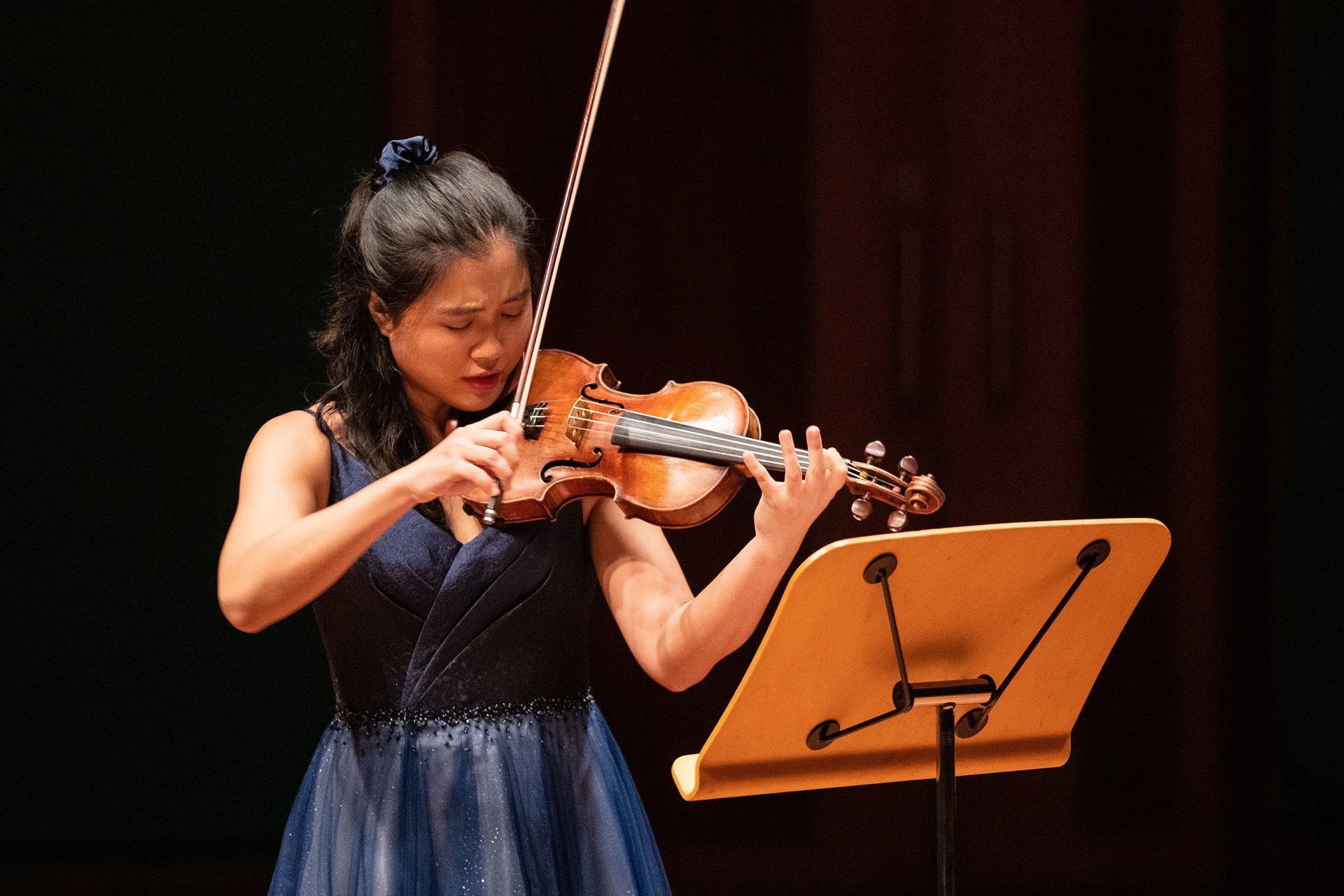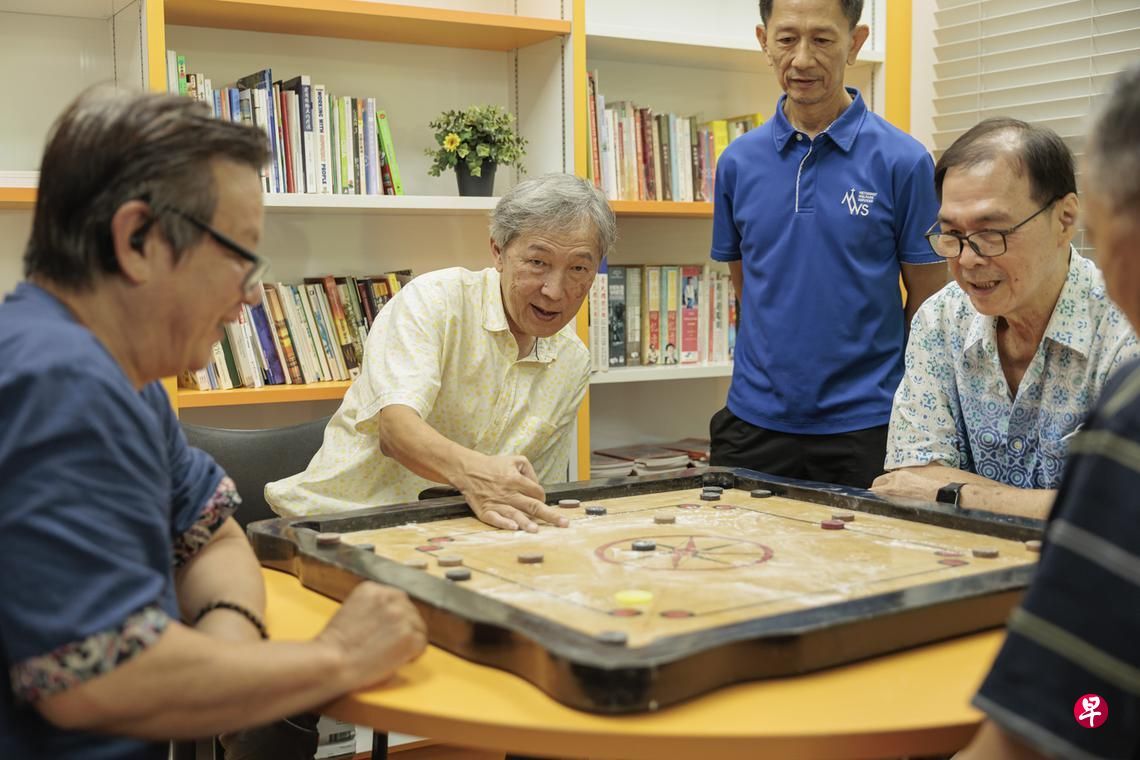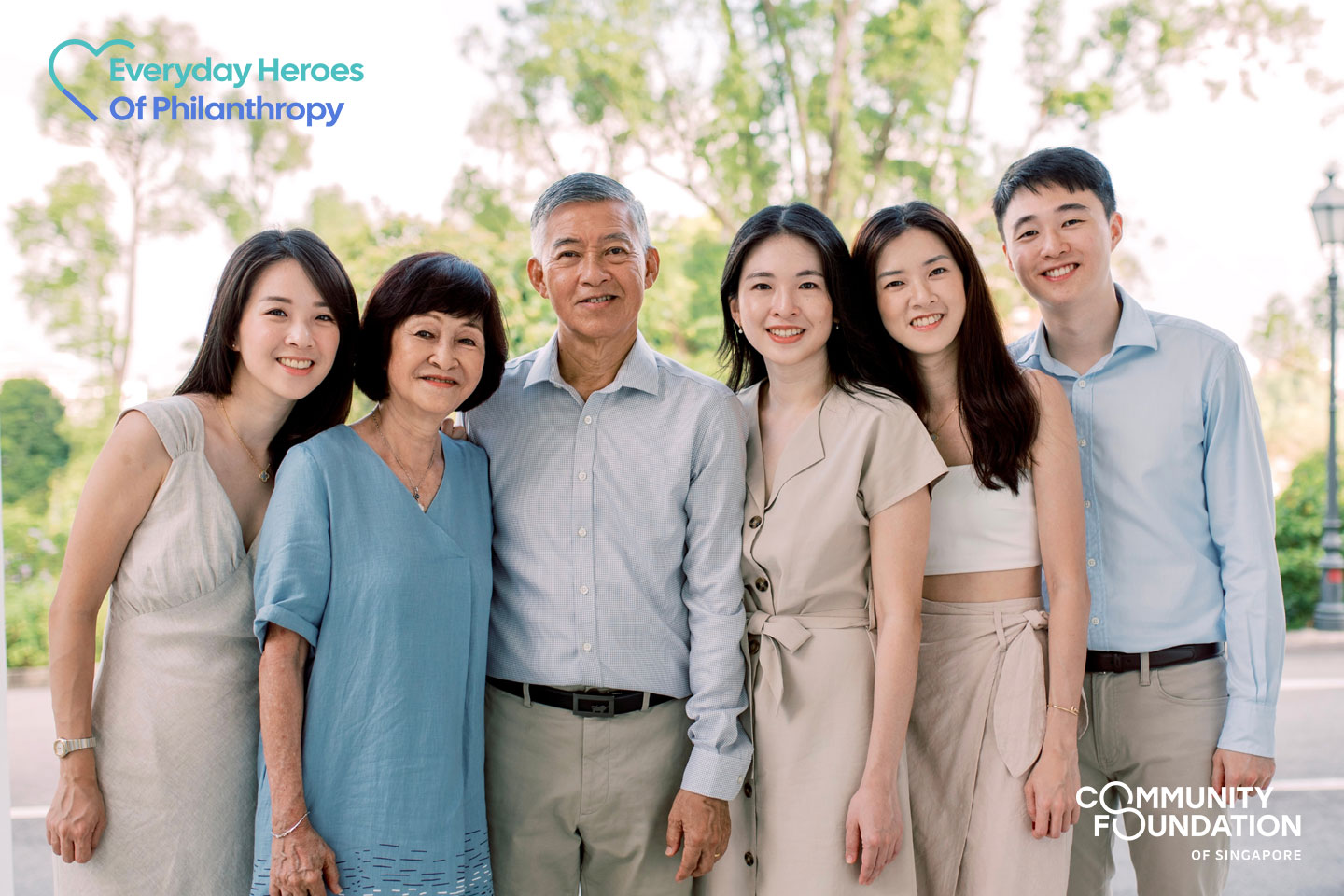Life after winning the 2020 Goh Soon Tioe Centenary Award: Natalie Koh’s pursuit of a career in musical excellence


Winning the Goh Soon Tioe Centenary Award in 2020 was a pleasant surprise for talented violinist Natalie Koh, who was not usually recognised for her solo performances and had to prepare for the Award’s audition just after last year’s circuit breaker without any formal instruction.
“I am deeply honoured to have received the Goh Soon Tioe Centenary Award in 2020. Violin playing has always been something that I am very passionate about, although my growth and achievements have not always been a given,” says Natalie.
“A lot of conscientious and diligent work was put into moulding myself into the musician that I am currently and that I am proud to be.”
Since then, the budding musician has kept herself busy and forged determinedly ahead in her musical career. These included performing in digital concert recordings, teaching the violin at Forte Musicademy as a private violin teacher, and engaging with the special needs community through various community art activities.
Apart from keeping a hectic schedule as a performer, Natalie also spends much time imparting her love of music to the next generation of budding musicians — serving as a Teaching Assistant in her Alma Mater, the Yong Siew Toh Conservatory, and as an Assistant Director for classical music concert recordings and productions by the Singapore Symphony Orchestra, alongside other local organisations.
The promising young musician was also able to present her solo recital at the Awards, for which she was extremely excited and thankful for, as her graduation recital was put off last year due to the pandemic’s restrictions. “Overall, I would say that my recital was a success, and I hope that I fared well as a representative on behalf of the Award and the music community,” Natalie recalls with pride.
The Award’s prize money has enabled Natalie to realise her dreams of going overseas to attain a Master’s in Violin Performance, which will broaden her horizons as a performing violinist, music educator and community artist. She hopes to take the experience and knowledge gained from the two years abroad and expand her musical practice upon her return to Singapore.
Natalie recognises that living and studying in Chicago will prove to be expensive, but with the $10,000 award money, she will be able to defray some of her living costs. With the reduced financial burden, the young musician will be able to focus on learning to the fullest of her abilities in the States.
The Goh Soon Tioe Award has supported yet another promising young musician in paving her way to a brighter future towards a career in music, and adding another valuable gem to the flourishing music scene in Singapore.
“I am deeply thankful for the recognition and the support from the Goh Soon Tioe Centenary Award and the Community Foundation of Singapore. This Award has raised my profile as an emerging musician in Singapore, and I sincerely hope that I can be one to shape and grow the classical music scene in Singapore,” says Natalie.
Read and learn more about Natalie’s first steps into music and how she grew to become the talented musician that she is here.
If you would like to contribute towards the arts or support causes that you are passionate about, please visit our website at https://www.cf.org.sg/.
Winning the Goh Soon Tioe Centenary Award in 2020 was a pleasant surprise for talented violinist Natalie Koh, who was not usually recognised for her solo performances and had to prepare for the Award’s audition just after last year’s circuit breaker without any formal instruction.
“I am deeply honoured to have received the Goh Soon Tioe Centenary Award in 2020. Violin playing has always been something that I am very passionate about, although my growth and achievements have not always been a given,” says Natalie.
“A lot of conscientious and diligent work was put into moulding myself into the musician that I am currently and that I am proud to be.”
Since then, the budding musician has kept herself busy and forged determinedly ahead in her musical career. These included performing in digital concert recordings, teaching the violin at Forte Musicademy as a private violin teacher, and engaging with the special needs community through various community art activities.
Apart from keeping a hectic schedule as a performer, Natalie also spends much time imparting her love of music to the next generation of budding musicians — serving as a Teaching Assistant in her Alma Mater, the Yong Siew Toh Conservatory, and as an Assistant Director for classical music concert recordings and productions by the Singapore Symphony Orchestra, alongside other local organisations.
The promising young musician was also able to present her solo recital at the Awards, for which she was extremely excited and thankful for, as her graduation recital was put off last year due to the pandemic’s restrictions. “Overall, I would say that my recital was a success, and I hope that I fared well as a representative on behalf of the Award and the music community,” Natalie recalls with pride.
The Award’s prize money has enabled Natalie to realise her dreams of going overseas to attain a Master’s in Violin Performance, which will broaden her horizons as a performing violinist, music educator and community artist. She hopes to take the experience and knowledge gained from the two years abroad and expand her musical practice upon her return to Singapore.
Natalie recognises that living and studying in Chicago will prove to be expensive, but with the $10,000 award money, she will be able to defray some of her living costs. With the reduced financial burden, the young musician will be able to focus on learning to the fullest of her abilities in the States.
The Goh Soon Tioe Award has supported yet another promising young musician in paving her way to a brighter future towards a career in music, and adding another valuable gem to the flourishing music scene in Singapore.
“I am deeply thankful for the recognition and the support from the Goh Soon Tioe Centenary Award and the Community Foundation of Singapore. This Award has raised my profile as an emerging musician in Singapore, and I sincerely hope that I can be one to shape and grow the classical music scene in Singapore,” says Natalie.
Read and learn more about Natalie’s first steps into music and how she grew to become the talented musician that she is here.
If you would like to contribute towards the arts or support causes that you are passionate about, please visit our website at https://www.cf.org.sg/.
- Related Topics For You: ARTS & HERITAGE, CHARITY STORIES, DONOR STORIES, DONOR-ADVISED FUND, EVENTS, LEGACY GIVING, STORIES OF IMPACT, YOUTH



